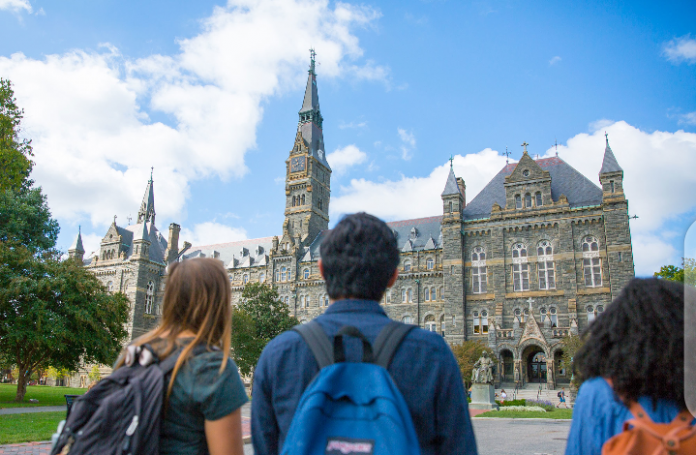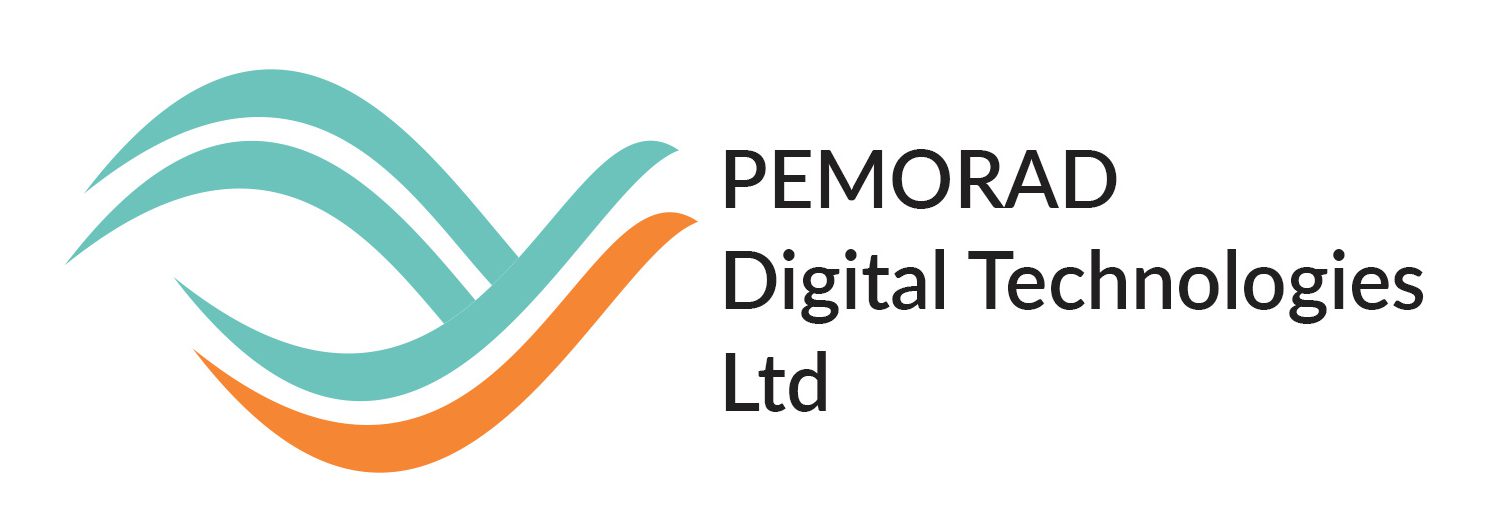Application Deadline: Friday, January 22nd, by 11:59pm Eastern Daylight Time.
The Leadership and Advocacy for Women in Africa (LAWA) Fellowship Program (video) was founded in 1993 at the Georgetown University Law Center in Washington, D.C., in order to train women’s human rights lawyers from Africa who are committed to returning home to their countries in order to advance the status of women and girls in their own countries throughout their careers. Over 80 women’s human rights advocates from Botswana, Cameroon, Ethiopia, Ghana, Kenya, Liberia, Malawi, Namibia, Nigeria, Sierra Leone, South Africa, Swaziland, Tanzania, Uganda and Zimbabwe have participated in the LAWA Program, and we hope to include Fellows from additional countries in the future.
The entire LAWA Fellowship Program is approximately 14 months long (from July of the first year through August of the following year), after which the LAWA Fellows return home to continue advocating for women’s rights in their own countries. The LAWA Program starts in July, when the Fellows attend the Georgetown Law Center’s Foundations of American Law and Legal Education course.
From August through May, the LAWA Fellows earn a Master of Laws (LL.M.) degree at Georgetown with an emphasis on international women’s human rights and complete a major graduate research on a significant women’s rights issue in their home countries. After graduation, the LAWA Fellows then have an opportunity to engage in challenging work assignments for three months (June through August) at various public interest organizations to learn about different advocacy strategies to advance women’s human rights, before returning home to continue advancing women’s human rights in their own countries.
Throughout their time in Washington, D.C., the LAWA Fellows also participate in bi-weekly seminars and professional development training with their American counterparts in the Women’s Law and Public Policy Fellowship Program, where they discuss key women’s rights issues with prominent government and public interest leaders. They attend related events, such as Supreme Court and Congressional Briefings on significant women’s rights issues. The relationships that the LAWA attorneys build with their American contacts and government leaders, together with their legal training and enhanced computer research and technology skills, provide the ability to draw upon vastly expanded legal networks and resources upon their return to Africa.
The results of the LAWA Program have been extremely compelling and rewarding. Upon completion of their Program, our LAWA Alumnae have returned home to assume prominent leadership positions enabling them to focus on women’s rights issues in non-governmental organizations, government agencies, law schools, courts, legislatures, and private firms.
They have formed their own non-governmental organizations, such as the Women’s Legal Assistance Center in Tanzania and Law and Advocacy for Women in Uganda (LAW-Uganda) to promote women’s human rights in their countries (e.g., by bringing impact litigation under their countries’ statutes, constitutions, and the human rights treaties that their countries have ratified).
The LAWA alums also retain and build upon the relationships they have developed during their time in Washington, D.C. For example, many subsequently work in partnership with the International Women’s Human Rights Clinic at the Georgetown University Law Center to draft new legislation and to bring test cases before their courts.
The LAWA Program helps defray the costs for women’s rights attorneys from Africa who would not otherwise be able to afford a Master of Laws degree focusing on international women’s human rights and the additional leadership training. The LAWA Fellowship provides the tuition for the Foundations of American Law and Legal Education Course (a U.S. $5,000 benefit) and for the LL.M. degree (a U.S. $66,650 benefit) at the Georgetown University Law Center, as well as professional development training.
Candidates who are admitted to the LAWA Program must be prepared to cover the costs of all additional expenses (such as their visas, travel, housing, utilities, food, clothing, health insurance, books, etc.), and must be able to demonstrate to the U.S. Embassy for visa purposes that they have the funds available to cover those expenses (approximately $28,000).
Due to the intensity of the LAWA Program and academic studies, LAWA Fellows have a very limited ability to work throughout the academic portion of the program. They must also affirm that they will return home after the LAWA Fellowship and continue to promote women’s human rights in their countries throughout their careers.
For application details, visit https://www.law.georgetown.edu/wlppfp/lawa-fellowship-program/






